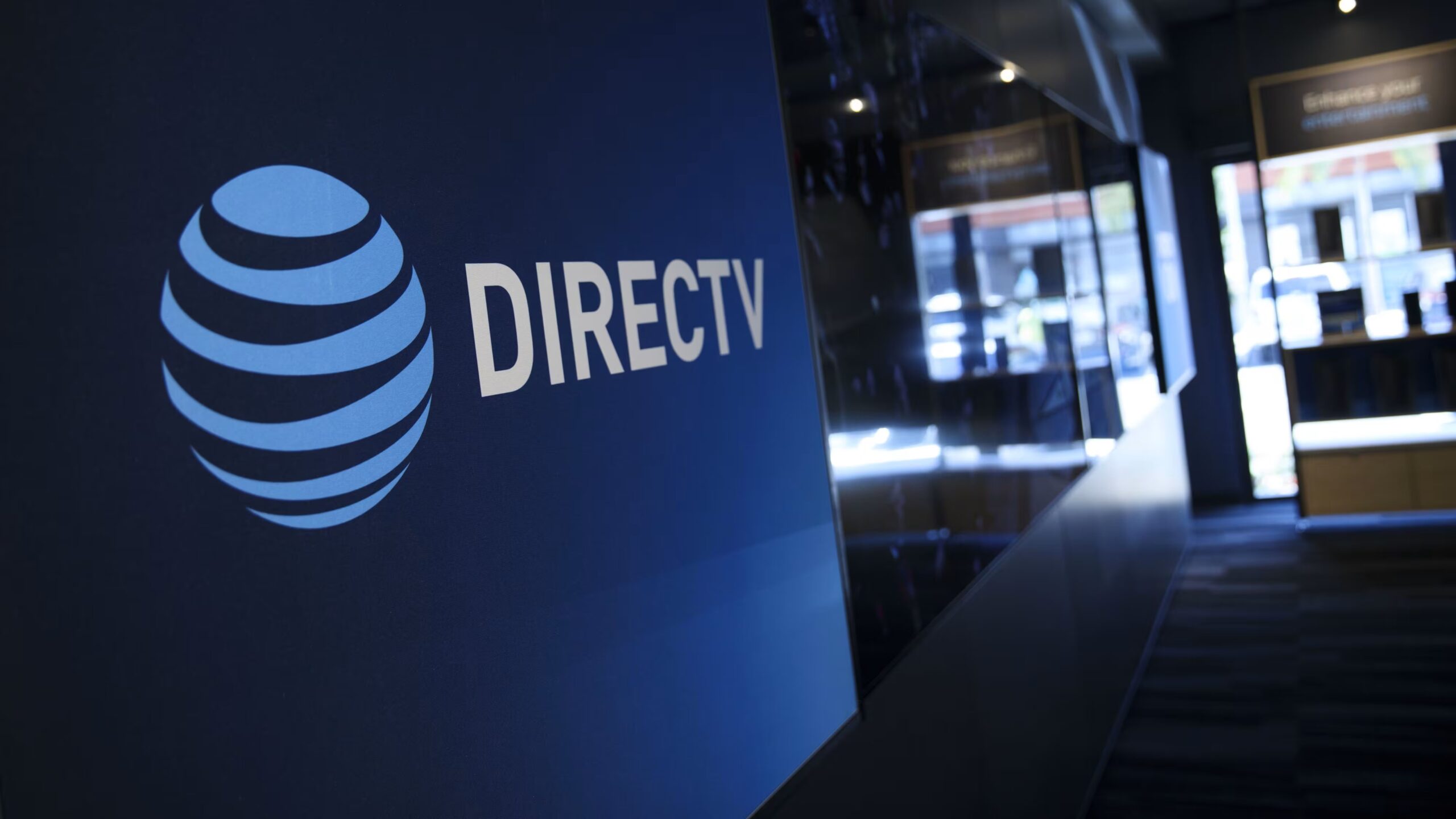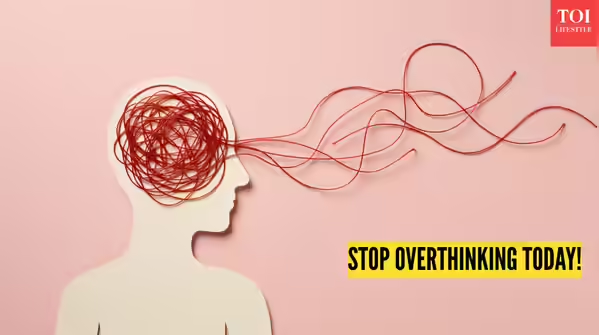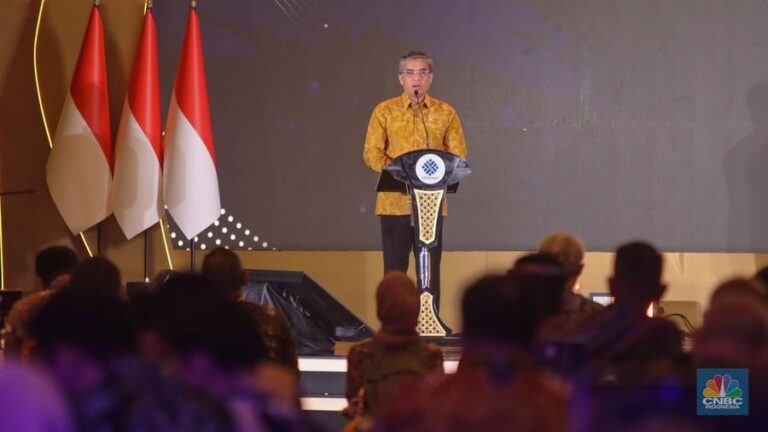New York — In a move that has sent shockwaves through the television industry, The Walt Disney Company has removed its ABC stations, ESPN, and a host of other networks from DirecTV, after the two companies failed to renew their carriage agreement. The blackout, which began on Sunday, has disrupted service for millions of viewers, especially sports fans who were looking forward to key events as the NFL season approaches.
The fallout from the expired agreement has left more than 11 million DirecTV subscribers without access to Disney-owned channels at a time when major sports events are underway, including a high-stakes college football game between the USC Trojans and LSU Tigers, as well as the US Open tennis tournament.
DirecTV’s Chief Content Officer, Rob Thun, issued a scathing statement in response to the blackout, accusing Disney of disregarding its responsibilities to both consumers and business partners. Thun argued that Disney’s focus on maximizing profits and maintaining control over content distribution was at odds with the needs of viewers, who are increasingly seeking more affordable and customizable options for accessing their favorite programming.
Disney, meanwhile, expressed disappointment that DirecTV chose to drop its channels, stressing that the company had offered terms similar to those accepted by other distributors. In a joint statement, Disney Entertainment leaders Dana Walden, Alan Bergman, and ESPN Chairman Jimmy Pitaro urged DirecTV to reach an agreement that would restore service to its customers.
Sources familiar with the negotiations have indicated that Disney proposed a package centered on sports, including ESPN and ABC sports programming, along with other Disney channels and direct-to-consumer services. Disney has maintained that its proposed rates are fair and in line with industry standards, while DirecTV has argued that the terms are financially burdensome and legally questionable.
The standoff reflects a broader struggle within the media industry, as cable and satellite providers face increasing pressure to offer more flexible and affordable channel bundles. These efforts are often complicated by content providers’ insistence on strict bundling requirements, which limit the ability to create more consumer-friendly packages. This dispute also highlights the ongoing shift towards streaming services, with companies like Disney placing greater emphasis on direct-to-consumer platforms. As traditional pay-TV distribution faces mounting challenges, media companies are increasingly focused on growing their digital offerings, even as it leads to tension with legacy distribution partners.









